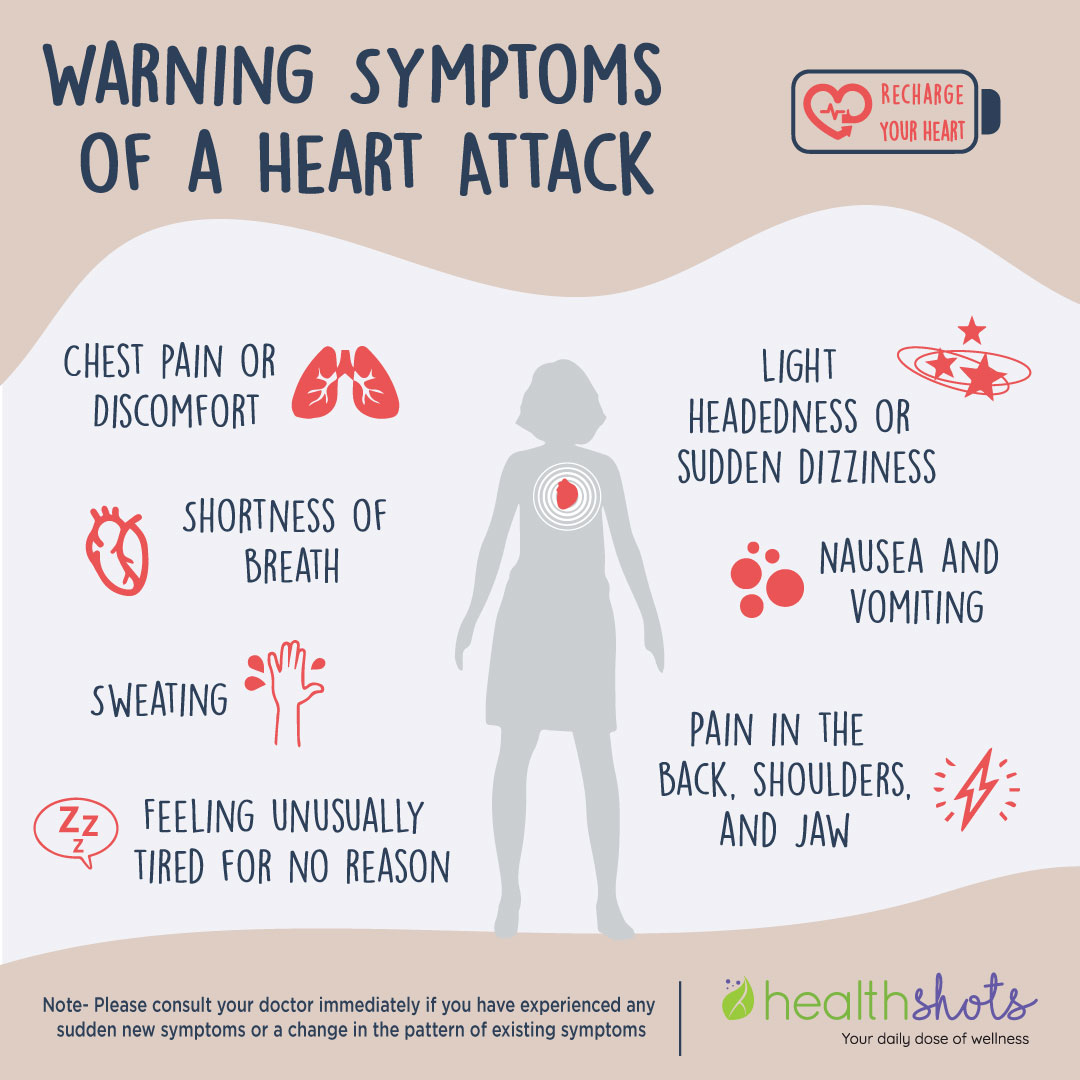
Healthcare doesn’t discriminate–then may it men, women, or the third gender. Heart issues don’t arise on the basis of colour, caste, gender, or creed and neither do they bifurcate when it comes to symptoms.
But on the occasion of World Heart Day, a report published in Circulation: Heart Failure, an American Heart Association journal, says that women face discrimination when it comes to heart health as they receive less care and attention after a heart attack.
This is what the report has to say
After a heart attack, when the heart suddenly can’t pump enough blood to meet the body’s needs, women aged 18-55 get less aggressive care in the hospital and are more likely to die prior to discharge than men the same age, according to this new research.
“It is very concerning that the young, productive women of our society face these health care disparities,” said Saraschandra Vallabhajosyula, M.D., M.Sc., lead author of the study and a clinical fellow in interventional cardiology at the Emory University School of Medicine in Atlanta.

Cardiogenic shock, when the heart suddenly fails to pump enough blood to keep vital organs alive, is a leading cause of death after a heart attack—causing death in about half of those with the complications who survived long enough to be admitted to the hospital.
The study authors noted that previous research primarily focused on older patients has shown standard cardiovascular care recommended by professional guidelines is received less frequently by women than men.
For this study, researchers sought to determine whether these sex disparities also exist among younger patients.
The researchers noted a few limitations to their study: it was non-randomized, used data from hospital discharge codes and may be missing some individual patient information. Although many of the percentage differences were small, and their clinical impact interpreted cautiously, in this large sample those differences represent many people.
Awareness is the key to avoid heart problems
Gender disparities in research, general misconceptions and a lack of understanding of symptoms and risk factors unique to women have led women to be largely overlooked in the past when it comes to understanding how the cardiovascular disease may impact them differently.
Select Topics of your interest and let us customize your feed.
PERSONALISE NOW
There is considerably more understanding of the biological differences between men and women including disease progression and treatment response as the findings indicate. While strides have been made to close gender and racial disparities in research and within the health care system, women continue to be underrepresented and overlooked in the U.S. and globally. Women account for less than half of all clinical trial participants globally with women of colour only accounting for three per cent.
(With inputs from ANI)